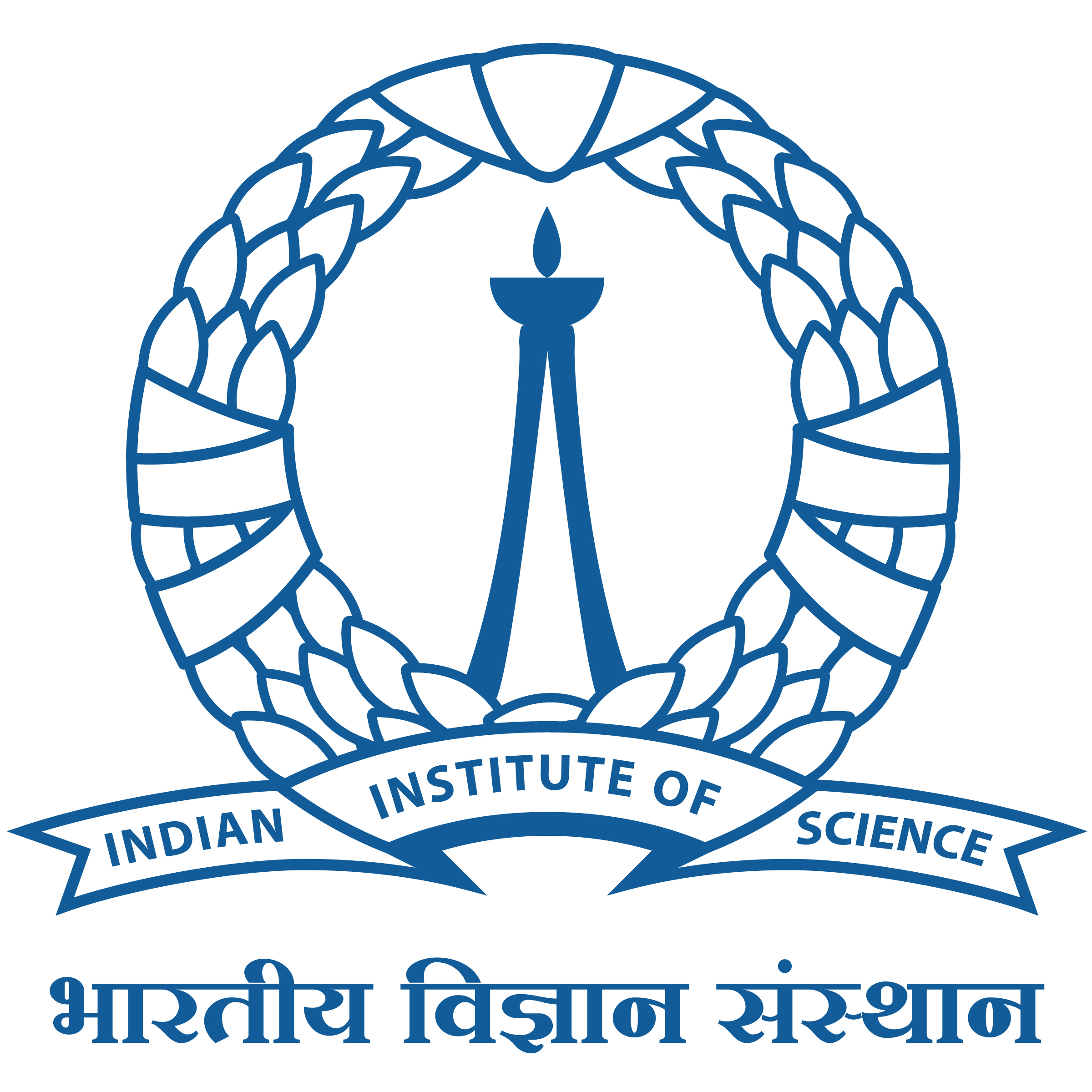
- This event has passed.
BE & DBG Seminar titled “Loss of tissue structure in cancer: a mechanobiological perspective.” by Prof. Tanmay Lele
August 6, 2024 @ 4:00 pm - 5:00 pm
The Department of Bioengineering (BE) and Department of Developmental Biology and Genetics (DBG) cordially invites you to attend a Seminar
Speaker: Prof. Tanmay Lele
Department of Biomedical Engineering, Texas A&M University, USA
Title: Loss of tissue structure in cancer: a mechanobiological perspective
Abstract: In glandular epithelial cancers such as breast cancer, the usual orderly arrangement of cells that surround a central lumen becomes disrupted. This loss of tissue architecture can facilitate invasive migration of cells into the surrounding microenvironment and subsequent cancer metastasis. I will present our recent work which shows that an imbalance in cellular mechanical force causes tissue lumens to collapse due to mechanical instabilities. This collapse is followed by an extraordinary inside-out eversion that drives collective migration of clusters of cells through the 3D extracellular matrix (ECM). I will discuss how individual migrating cancer cells negotiate the confining spaces in tissue with a focus on the limiting role of the nucleus in confinement. I will conclude with an exploration of how alterations to the mechanical properties of the ECM in tumors might impose a selection pressure on genetically variable tumor cell populations resulting in more malignant cell phenotypes.
About the Speaker: Tanmay Lele is a Professor of Biomedical Engineering and Chemical Engineering at Texas A&M University. He obtained his Ph.D. in Chemical Engineering from Purdue University followed by postdoctoral research in Vascular Biology at Harvard Medical School/Children’s Hospital. He obtained his B. Chem. Eng. degree from UDCT, Mumbai.
His research focuses on understanding the mechanisms underlying the loss of cancer tissue structure and aberrant tumor mechanobiology. Over the years, his research group has made significant contributions to the field including a recent paper that reports the first dynamic observations of acinar eversion caused by a mechanical destabilization. His group combines molecular biology and cell biology techniques with computational modeling to investigate cancer mechanobiology comprehensively. He is a fellow of the Biomedical Engineering Society and the American Institute of Medical and Biological Engineering.

